
Kód: 09529821
Unacknowledged Legislators
Autor Roger Pearson
What is the public value of poetry? How do poets envisage their own role and function within society? How do we? Do poets seek to shape public opinion and behaviour? Should they? Or do they offer alternatives-perhaps sacred altern ... celý popis
- Jazyk:
 Angličtina
Angličtina - Väzba: Pevná
- Počet strán: 646
Nakladateľ: Oxford University Press, 2016
- Viac informácií o knihe

Mohlo by sa vám tiež páčiť
-
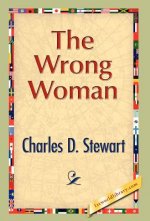
Wrong Woman
30.06 € -

Collisionless Shocks in Space Plasmas
194.33 € -

Loose Leaves & Oak Trees
21.26 € -

Some Account of the Life and Writings of Mrs. Trimmer
43.36 €
Darujte túto knihu ešte dnes
- Objednajte knihu a vyberte Zaslať ako darček.
- Obratom obdržíte darovací poukaz na knihu, ktorý môžete ihneď odovzdať obdarovanému.
- Knihu zašleme na adresu obdarovaného, o nič sa nestaráte.
Viac informácií o knihe Unacknowledged Legislators
Nákupom získate 525 bodov
 Anotácia knihy
Anotácia knihy
What is the public value of poetry? How do poets envisage their own role and function within society? How do we? Do poets seek to shape public opinion and behaviour? Should they? Or do they offer alternatives-perhaps sacred alternatives-to political and religious ideologies? Are they what Shelley in 1821 called 'the unacknowledged legislators of the World'? And what might that mean? During the decades immediately preceding the Revolution of 1789 the status of contemporary poetry in France was at its lowest ebb. At the same time the perceived power of the writer to influence public events reached a high-water mark with Voltaire's triumphant return to Paris in 1778. In the course of the next century French poetry enjoyed an extraordinary renaissance and flowering, perhaps its greatest. But what of the poet's public influence? In 1881 the people of Paris processed for six hours past the home of Victor Hugo on the occasion of his 79th birthday, and in 1885 an estimated two million people witnessed his state funeral. But who or what were they acknowledging? Poetry or republicanism? Or perhaps their own power? For with each Revolution that passed-1789, 1830, 1848-French poets themselves felt increasingly marginalised. This study addresses the first part of this story and focuses on the role and function of the poet during the so-called Romantic Period. Beginning with an account of the literary climate in pre-revolutionary France it then maps the changes in that climate wrought by the events of the 1789 Revolution. It describes the new politico-literary agendas set by Chateaubriand and others on the monarchist Right, and by Stael and others on the liberal Left. Against this background it then analyses in detail the poetic output and public exploits of the three major French poets of the period: Lamartine, Hugo, and Vigny. The Romantic figure of the poet as prophet and magus is habitually dismissed as a cliche. But by focusing on the role of the poet as lawgiver this book reveals the rich and complex terms in which the public function of poetry was debated in post-revolutionary France - and how amidst the centenary celebrations of 1889, as Romanticism gave way to Symbolism, the poet as lawgiver continued to play a central part in that debate.
 Parametre knihy
Parametre knihy
Zaradenie knihy Knihy po anglicky Literature & literary studies Literature: history & criticism Literary studies: general
212.33 €
- Celý názov: Unacknowledged Legislators
- Podnázov: The Poet as Lawgiver in Post-Revolutionary France
- Autor: Roger Pearson
- Jazyk:
 Angličtina
Angličtina - Väzba: Pevná
- Počet strán: 646
- EAN: 9780198754473
- ISBN: 0198754477
- ID: 09529821
- Nakladateľ: Oxford University Press
- Hmotnosť: 1066 g
- Rozmery: 166 × 243 × 40 mm
- Dátum vydania: 05. May 2016
Obľúbené z iného súdka
-
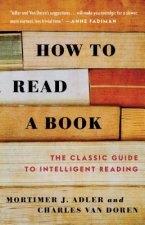
How to Read a Book
14.11 € -11 % -

Saga of Tanya the Evil, Vol. 3
10.22 € -28 % -
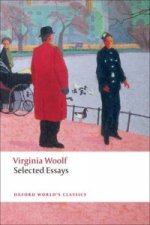
Selected Essays
10.42 € -28 % -
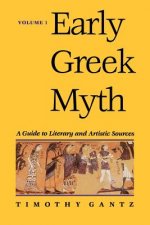
Early Greek Myth
44.69 € -
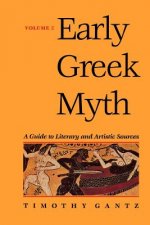
Early Greek Myth
44.69 € -
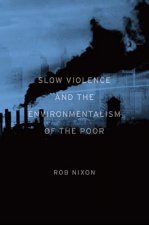
Slow Violence and the Environmentalism of the Poor
26.48 € -2 % -
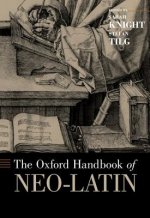
Oxford Handbook of Neo-Latin
215.81 € -
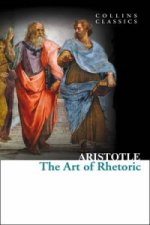
Art of Rhetoric
3.57 € -4 % -
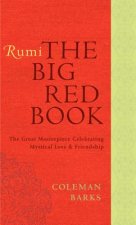
Rumi: The Big Red Book
12.47 € -28 % -
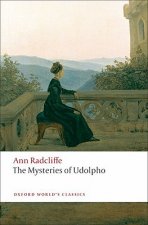
Mysteries of Udolpho
10.01 € -31 % -
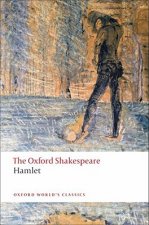
Hamlet: The Oxford Shakespeare
9.40 € -24 % -
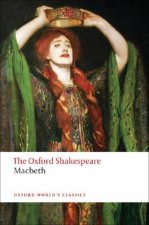
Tragedy of Macbeth: The Oxford Shakespeare
18.30 € -

Finn and Hengest
10.42 € -28 % -
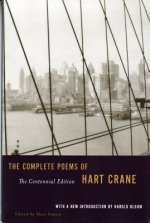
Complete Poems of Hart Crane
17.99 € -7 % -
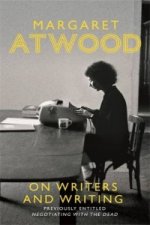
On Writers and Writing
11.45 € -28 % -
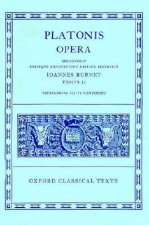
Plato Opera Vol. II
38.86 € -
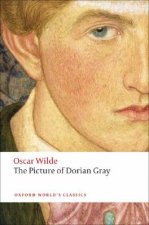
The Picture of Dorian Gray
6.64 € -25 % -
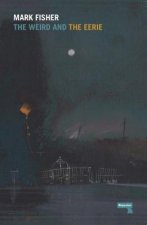
Weird and the Eerie
9.40 € -28 % -
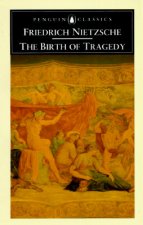
Birth of Tragedy
9.40 € -28 % -
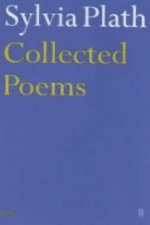
Collected Poems
19.53 € -28 % -
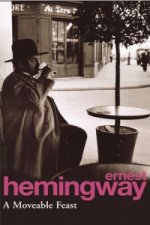
Moveable Feast
9.60 € -20 % -
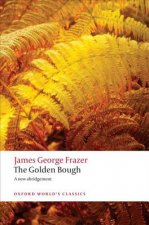
Golden Bough
15.23 € -21 % -
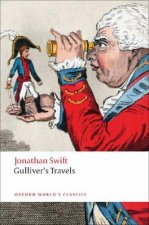
Gulliver's Travels
6.43 € -27 % -
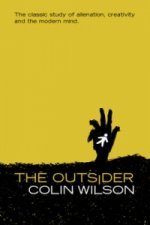
Outsider
10.42 € -28 % -
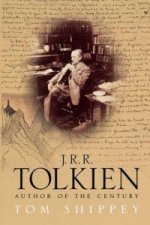
J. R. R. Tolkien
11.45 € -21 % -
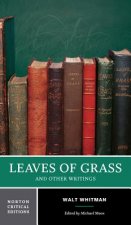
Leaves of Grass
18.50 € -
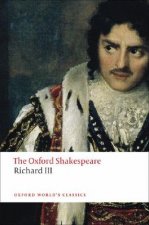
Tragedy of King Richard III: The Oxford Shakespeare
8.38 € -24 % -
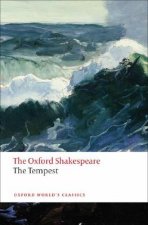
The Tempest: The Oxford Shakespeare
8.38 € -28 % -
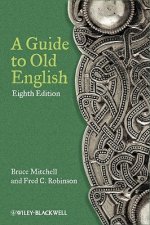
Guide to Old English 8e
47.76 € -
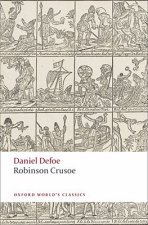
Robinson Crusoe
7.76 € -24 % -
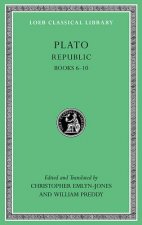
Republic
37.22 € -
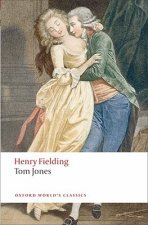
Tom Jones
9.81 € -5 % -
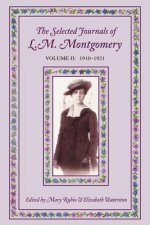
Selected Journals of L.M. Montgomery
21.16 € -10 % -
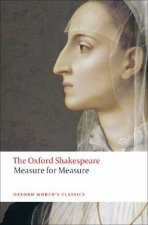
Measure for Measure: The Oxford Shakespeare
8.79 € -28 % -
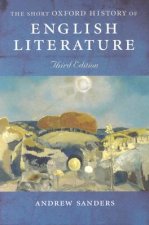
Short Oxford History of English Literature
52.36 € -
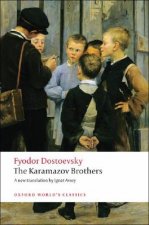
Karamazov Brothers
10.63 € -26 % -
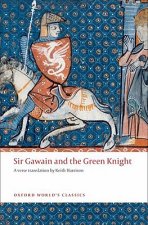
Sir Gawain and The Green Knight
8.38 € -28 % -
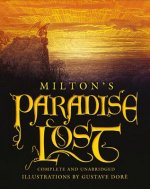
Paradise Lost
16.05 € -25 % -
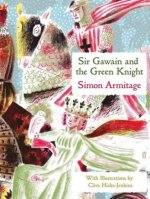
Sir Gawain and the Green Knight
19.53 € -28 % -

Cambridge Old English Reader
41.93 € -4 % -
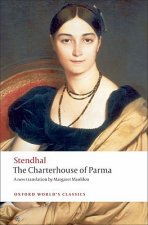
Charterhouse of Parma
13.80 € -
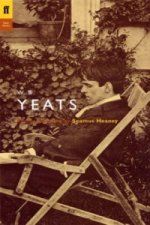
W. B. Yeats
9.40 € -28 % -
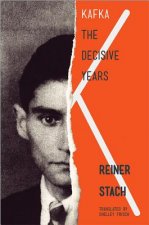
Kafka
25.87 € -11 % -
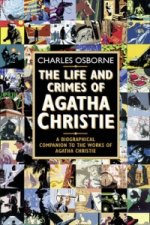
Life and Crimes of Agatha Christie
13.49 € -28 % -
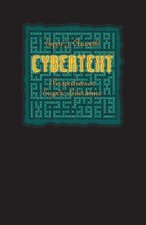
Cybertext
32.11 € -9 % -

French Lieutenant's Woman: York Notes Advanced
9.40 € -19 % -
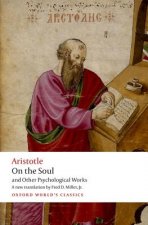
On the Soul
10.42 € -28 % -
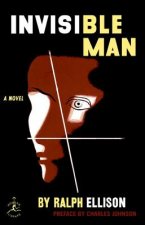
Invisible Man
20.04 € -21 % -
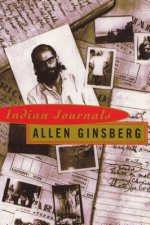
Indian Journals
14.51 € -16 %
Osobný odber Bratislava a 2642 dalších
Copyright ©2008-24 najlacnejsie-knihy.sk Všetky práva vyhradenéSúkromieCookies



 21 miliónov titulov
21 miliónov titulov Vrátenie do mesiaca
Vrátenie do mesiaca 02/210 210 99 (8-15.30h)
02/210 210 99 (8-15.30h)